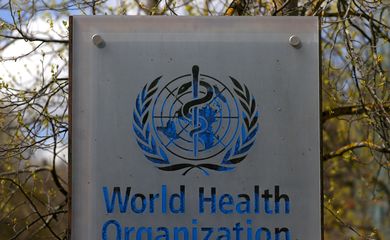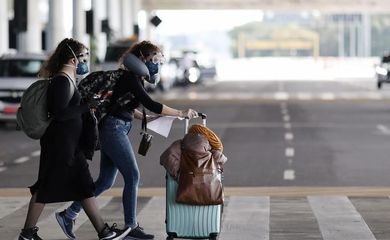WHO says vaccine protection against covid-19 is six months


The World Health Organization (WHO) confirms that the duration of immunization given by vaccines against covid-19 is six months. The estimate was made by crossing several studies already carried out.

Kate O'bryan, a WHO vaccine expert, explains that protection for up to six months does not completely disappear after that period. But for half a year, the risk of serious illness, hospitalization, or death drops dramatically.
Kate's information was given today (9), at a press conference.
WHO indicates that the risk of covid-19 infection is low for six months after vaccine application.
Africa
In a statement released today, the organization said the number of covid-19 cases in Africa had nearly doubled in a week, but noted that "there are signs of hope" as the number of hospitalizations remains low.
WHO said the investigation is being intensified to determine whether the Ômicron variant is responsible for the number of cases in Africa. There were 107,000 more cases in the last week, nearly double the 55,000 the week before.
"Five countries accounted for 86% of cases last week, with southern Africa recording the biggest increase at 140%, mainly driven by the increase in South Africa," the statement added.
The WHO highlights, however, that the increase in cases does not seem to correspond to the number of hospitalizations, which allows us to foresee that, despite being very contagious, the Ômicron variant is not more dangerous than the previous ones.
"The data we're getting from South Africa indicates that Ômicron may cause less severe illness", as the number of hospitalizations is at 6.3%, "which is very low compared to the same period when the country was facing the peak of the variant. Delta, in July," says the organization.
The African continent represents 46% of the nearly 1,000 cases of Ômicron recorded by 57 countries in various regions of the world, ten of them African.
Text translated using artificial intelligence.



